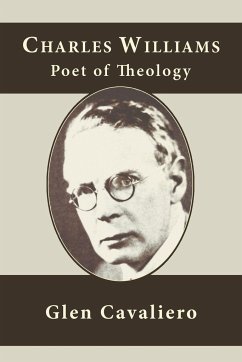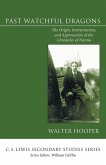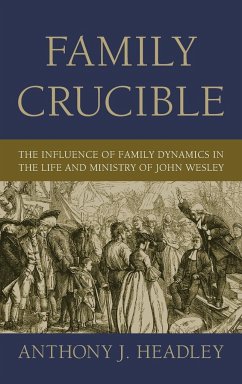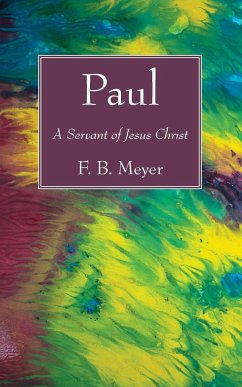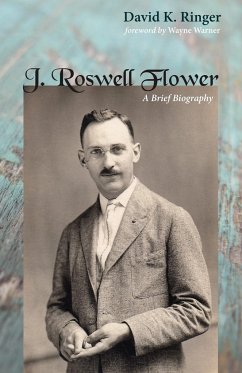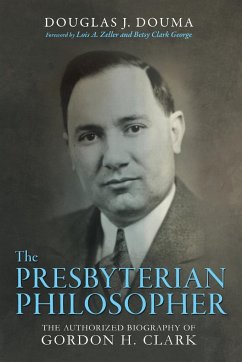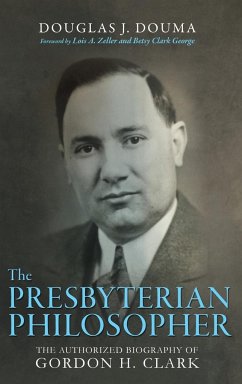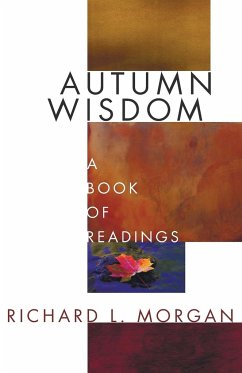Charles Williams (1886-1945), the friend of T. S. Eliot, C. S. Lewis, and J. R. R. Tolkien, was both a writer with many gifts and a religious thinker of an unusual kind. Poet, playwright, novelist, biographer, critic, and theologian, in each capacity he displayed a distinctive and highly imaginative cast of mind. Here, in the first full-length study to appear for over twenty years, Glen Cavaliero discusses Williams's work in its entirety and pays particular attention to the manner in which his theological ideas were shaped and furthered by his various literary achievements. Following a brief account of Williams's life, the author examines the early poems, the criticism, biographies and plays, the novels, the Arthurian poems, and the assessment of Charles Williams's literary and theological importance. The book also illuminates the relationship between religious belief and the scope and working of the poetic mind. The discussion of Williams's place in twentieth-century literary history as a writer of ""fantasy literature, and of his unique gifts as a Christian apologist in an age of skepticism, ensures that this book will be of immense interest to literary critics and theologians alike.
Hinweis: Dieser Artikel kann nur an eine deutsche Lieferadresse ausgeliefert werden.
Hinweis: Dieser Artikel kann nur an eine deutsche Lieferadresse ausgeliefert werden.

